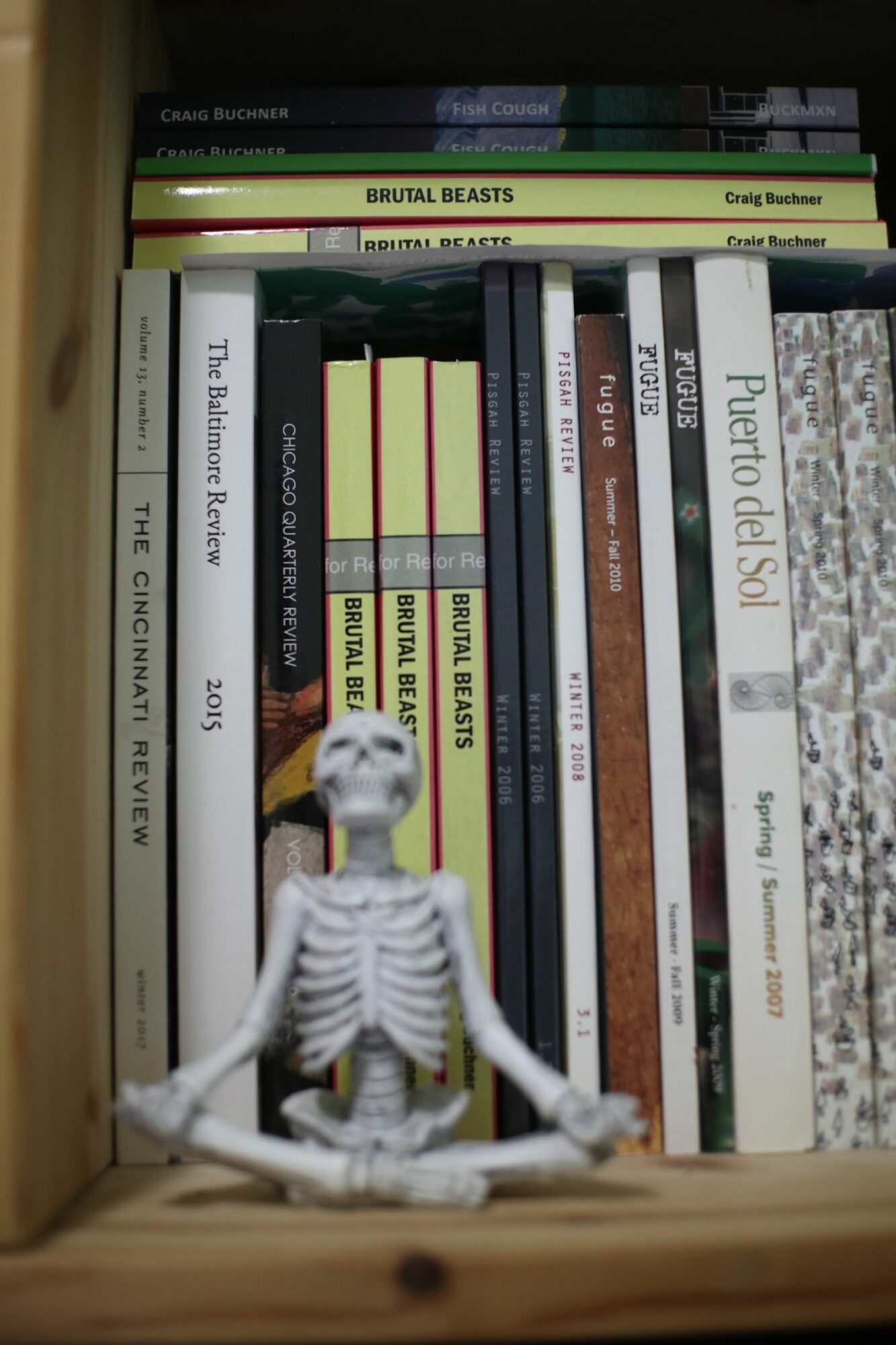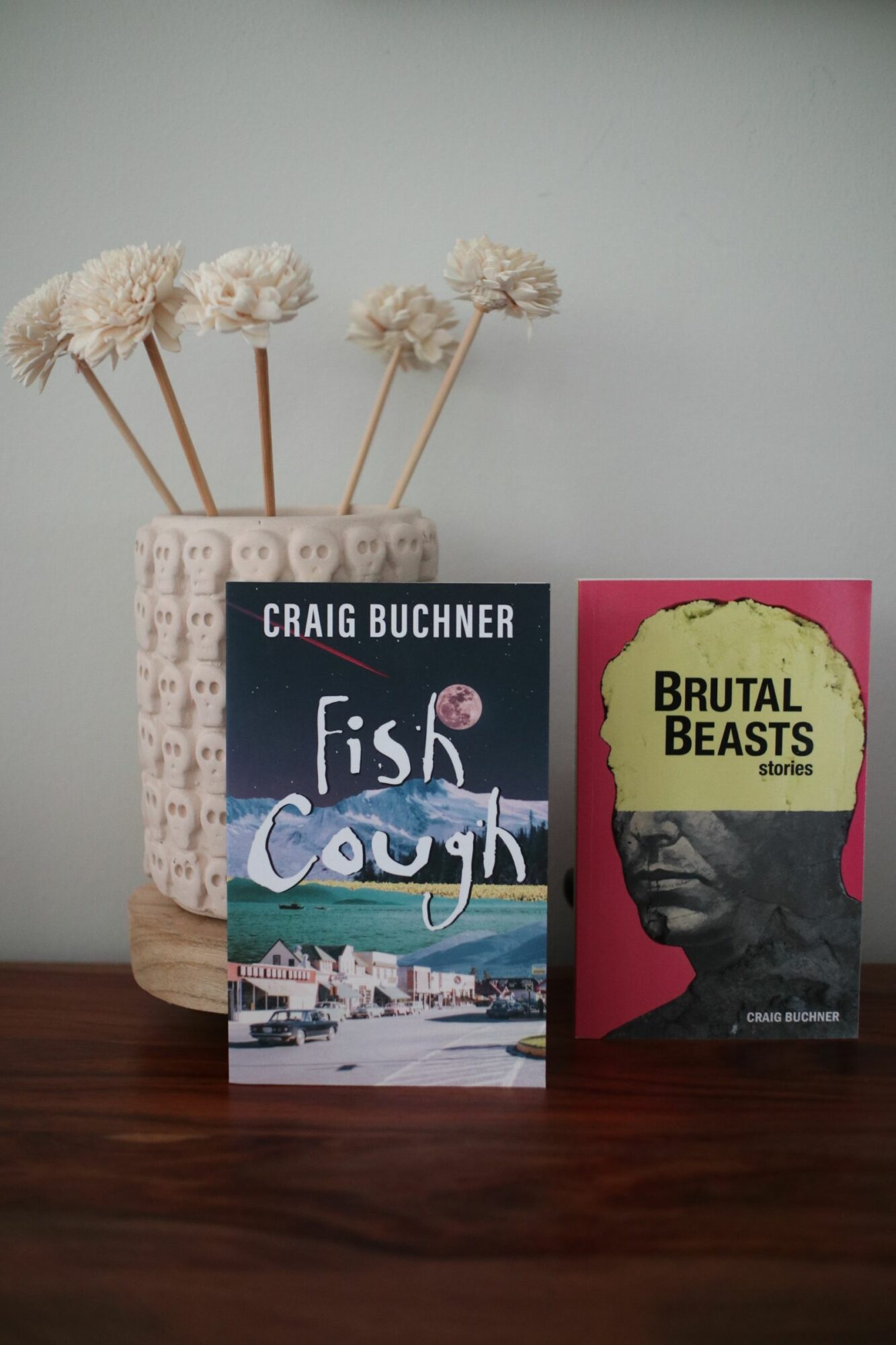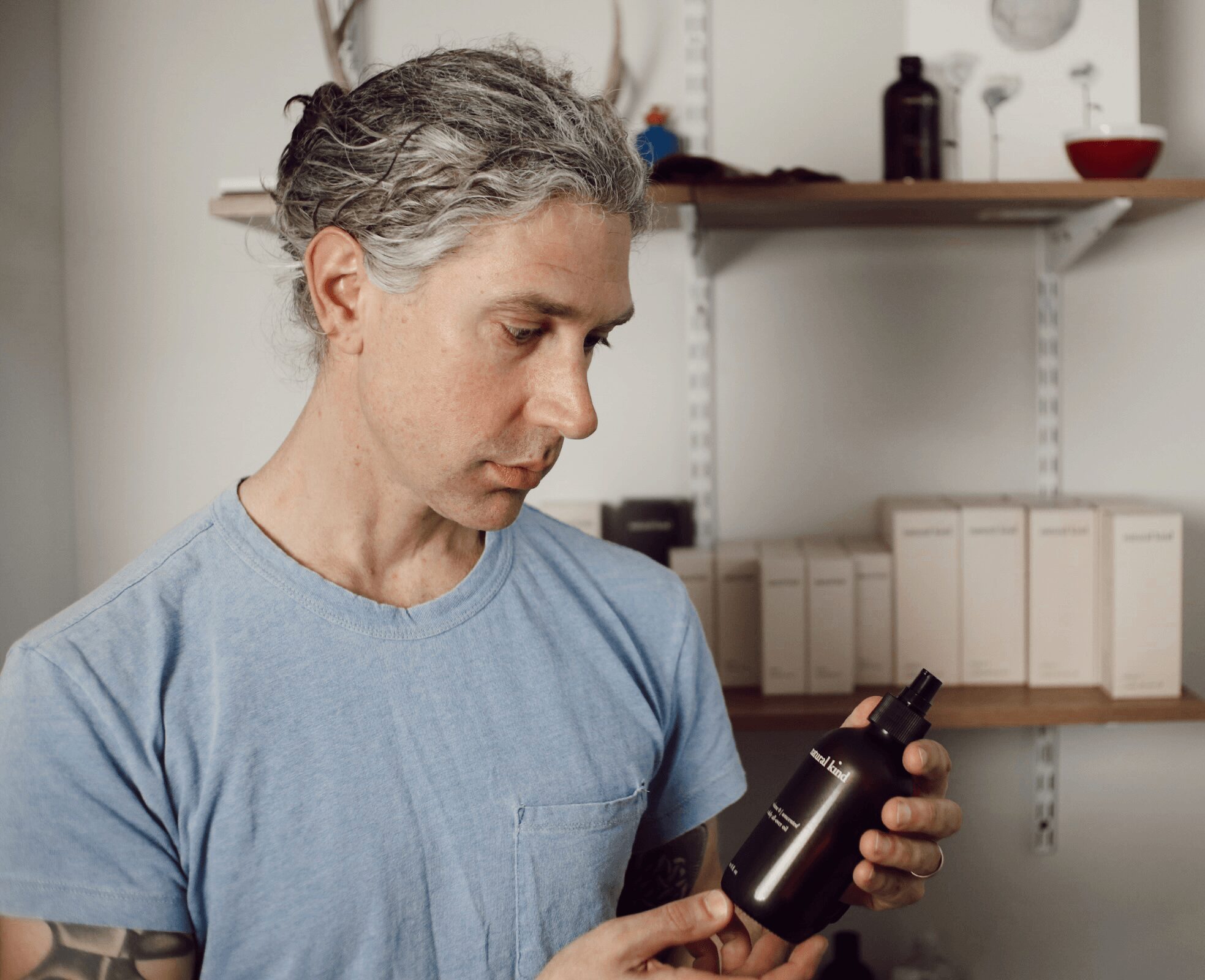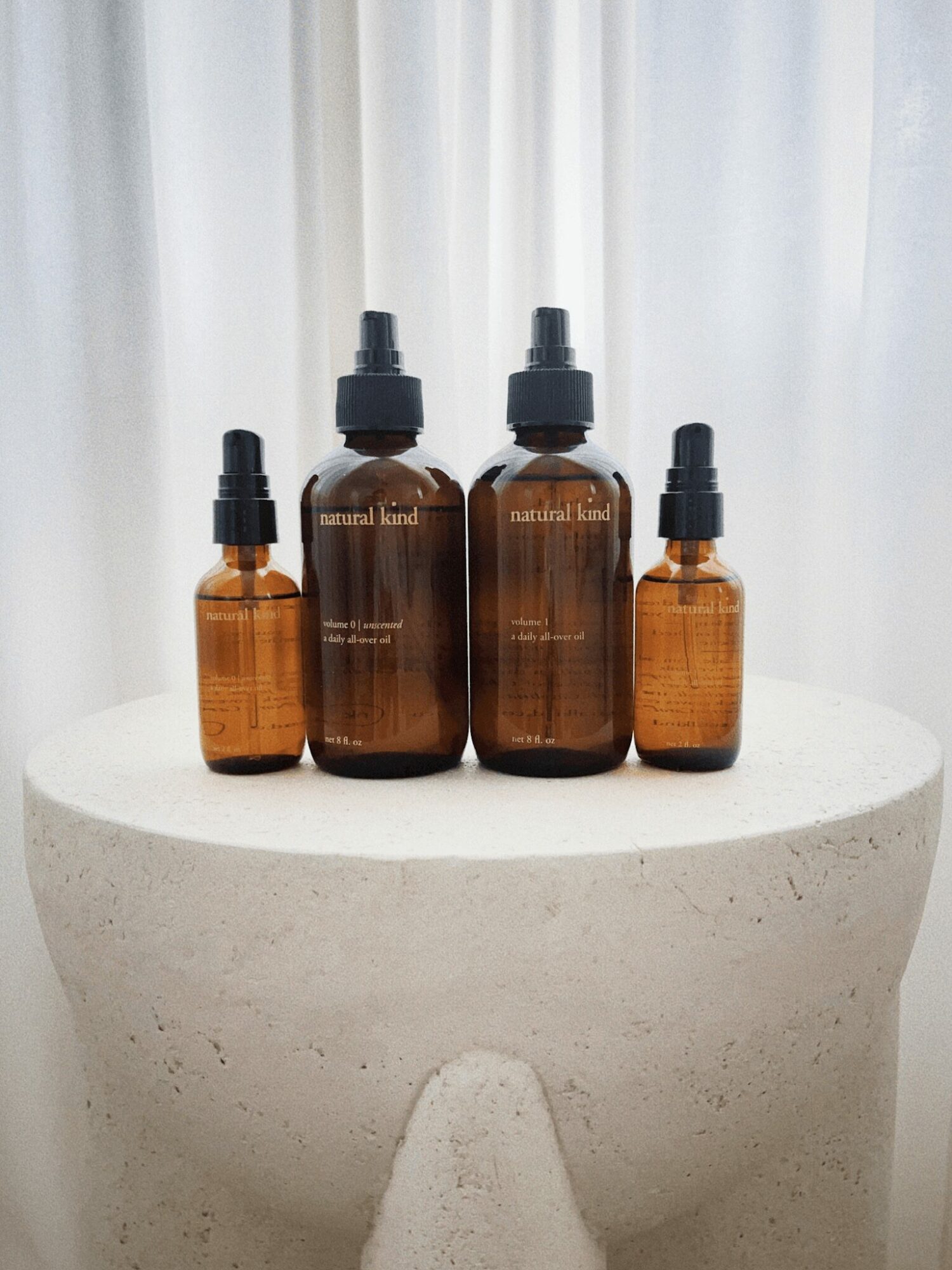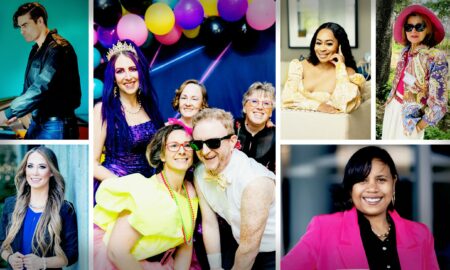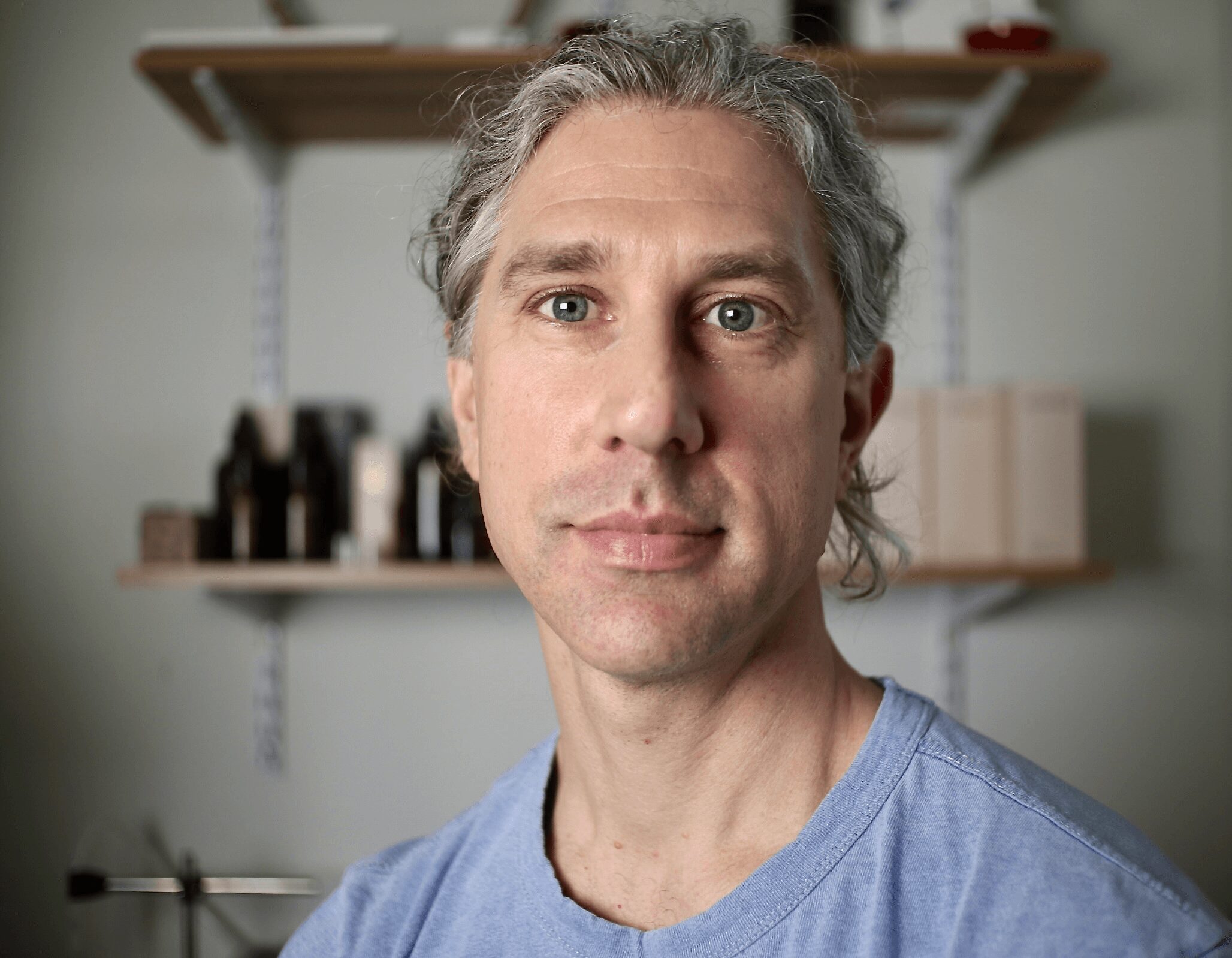

Today we’d like to introduce you to Craig Buchner
Hi Craig, so excited to have you on the platform. So before we get into questions about your work-life, maybe you can bring our readers up to speed on your story and how you got to where you are today?
Looking back, I think I was always a writer. A storyteller. A notetaker of life. Some of my earliest memories in grade school were of hand-writing short stories and poems, winning unexpected English awards, and even coming in second place in the spelling bee, though I find it hard to believe years later – the way I mispronounce words. In middle school, I had a fondness for kid-friendly horror I’d find at the book fair, mostly about Dracula, and then I moved on to Steven King and Richard Bachman novels, which were slightly beyond my understanding as a seventh grader – yet I staggered on. In high school, I became obsessed with the less conventional narratives of indie movies. Dazed and Confused, Clerks, Reservoir Dogs, and Fargo. But even then, I had no idea who I was beneath the layers of social conditioning.
Growing up in a relatively impoverished area in rural upstate New York meant that kids had to figure most everything out on their own. Where I was from, we didn’t have role models who’d ventured beyond the blue-collar world of welding, carpentry, and construction work, and no school guidance counselor was going to partner with us to think bigger. So, I relied on that which I loved, which was storytelling and tried to put together a future based on that love. But going at it alone proved tougher than expected. I wanted to go to film school but instead chose Communication Studies as a major, then I wanted to intern on a TV show in LA where I had a random connection when I graduated but instead worked at a coffee shop and a mental hospital concurrently.
Maybe that squiggly path was for the best because it was at that coffee shop where I was first introduced to the works of Cormac McCarthy and Dave Eggers, two vastly different writers, but whose writing opened worlds of possibilities for a life dedicated to literature. After all these false starts, I applied to a graduate program in North Carolina where I would commit myself to literature and writing, and where I’d meet my first mentor, the great Southern writer Ron Rash. This is the point in my story where I began to live life like a writer, meaning I took note of the world around me and listened to what people said and how they said it, and I began to piece together how events happened and motives, and I became aware of how place played a role in our lives, and all of this combined could be used to tell not only an enriching story but something truly captivating. This is when it all started to make sense. Fast forward twenty years, and I’m still on that same path: observing the world and writing it all down. It doesn’t get any simpler than that.
Can you talk to us a bit about the challenges and lessons you’ve learned along the way. Looking back would you say it’s been easy or smooth in retrospect?
I published my first short story in 2006. It was called “Good Night”, and it won a national award and was published in the literary journal Puerto del Sol. That was nearly twenty years ago. If you asked me at that time when I’d get published next or when my first book would come out, I’d have said, “Soon. A year or two max.” But writing well is hard, and publishing is even harder. I’d spend the next decade writing story after story, moving around the country, earning a second master’s degree – in creative writing – and starting at least a half-dozen novels without completion, and finally, finally publishing my first collection of short stories in 2022, after being rejected almost a hundred times. Funny enough, it went on to be called one of the best indie books of the year by Kirkus Reviews.
So, has it been a smooth road? It’s been full of potholes and detours and slowdowns, but I guess the point is that you must stay on the road. If you get off, it’s over. I watched so many friends just stop writing because life got complicated, and I don’t blame them. Life is incredibly hard to navigate. But for me, I had to keep going. It was the only way to make sense of the ‘stuff’ in my head – maybe I used writing as a form of therapy. What I didn’t realize is that the really hard stuff happens traditionally later in life. The stuff no one teaches you about. Loneliness. Aging. Disease. Death. Early in my writing career, I invented all those conditions for my characters because I’d not yet experienced them personally, but once you hit 40, these things become a reality in your own life, and suddenly I understood how to write about them because I was going through all of them. But in doing so, you become a better person, a wiser person. More understanding. More aware. More everything. You realize the preciousness of love, of beauty, of family. Time is the wisest teacher we’ll all ever have. And time is also the cruelest.
Appreciate you sharing that. What else should we know about what you do?
Most people who don’t know me personally would likely know me from my writing. I’ve published two books and some poetry. My first book was a short story collection called Brutal Beasts, which focused on mostly blue-collar characters doing their best but not always getting it right, and in most of these stories, I upped the dramatic ante by throwing in a supernatural or fantastic element. I love the gritty stories of Denis Johnson and the unexpectedness of George Saunders’ stories and how real Margaret Atwood’s speculative fiction can be. I’d say my style combines these three elements. My second book, a novel called Fish Cough, picks up on this thread but instead of being set in rural America, Fish Cough takes place in Portland, Oregon, and follows a main character who believes an alien presence is controlling him through the artifacts in his apartment.
To support myself through this part of my life I’d spent years working as an adjunct professor and then worked in corporate America, but more recently my wife, Alexis, and I started an organic skincare brand called Natural Kind. While it might seem like a leap, Natural Kind is truly the convergence of everything she and I are good at, and I’m incredibly proud of what we’ve done. She has such a vast knowledge of skincare. More than a decade’s worth. And after eleven years together, I’m catching up, I think. We set out to create a product that was elegant yet artful, calming and simple, and above all, natural. For me, it felt like we were creating a work of art. Marrying the right ingredients, creating a memorable package, including original poetry on the bottle and the box, and developing a fragrance that produced a joyful response. Using Natural Kind is intended to be a uniquely memorable experience.
Can you share something surprising about yourself?
I’m incredibly sentimental. Growing up I thought it seemed cool to have a hard exterior. Being stoic was the goal. And for years I only looked toward the future, and I met each new opportunity and challenge with this stoic attitude. But even so, I held onto things. Little things; scrapbook things. Ticket stubs. Handwritten letters. Small, unassuming keepsakes from family. I think I had an unrealized awareness of the stories these artifacts held within them. They’d each come from some place to get to me, and that – I learned – was as important as the places they’d go along with me.
As I look back, I can see that the stoic nature was really a mask covering the sentimentality beneath, maybe of the person who I really am. I had intentionally minimized emotions for so long, but now that feels counterproductive, both as a storyteller and as a human. How can one write about longing if they’ve never loved; how can one speak about healing if they’ve never grieved? The goal now is to live all of my life and to feel every single glorious, broken, mesmerizing, confusing, frustrating, intoxicating, and exhilarating second.
Contact Info:
- Website: https://www.craigbuchner.com/
- Instagram: https://www.instagram.com/natural.kind.co/
